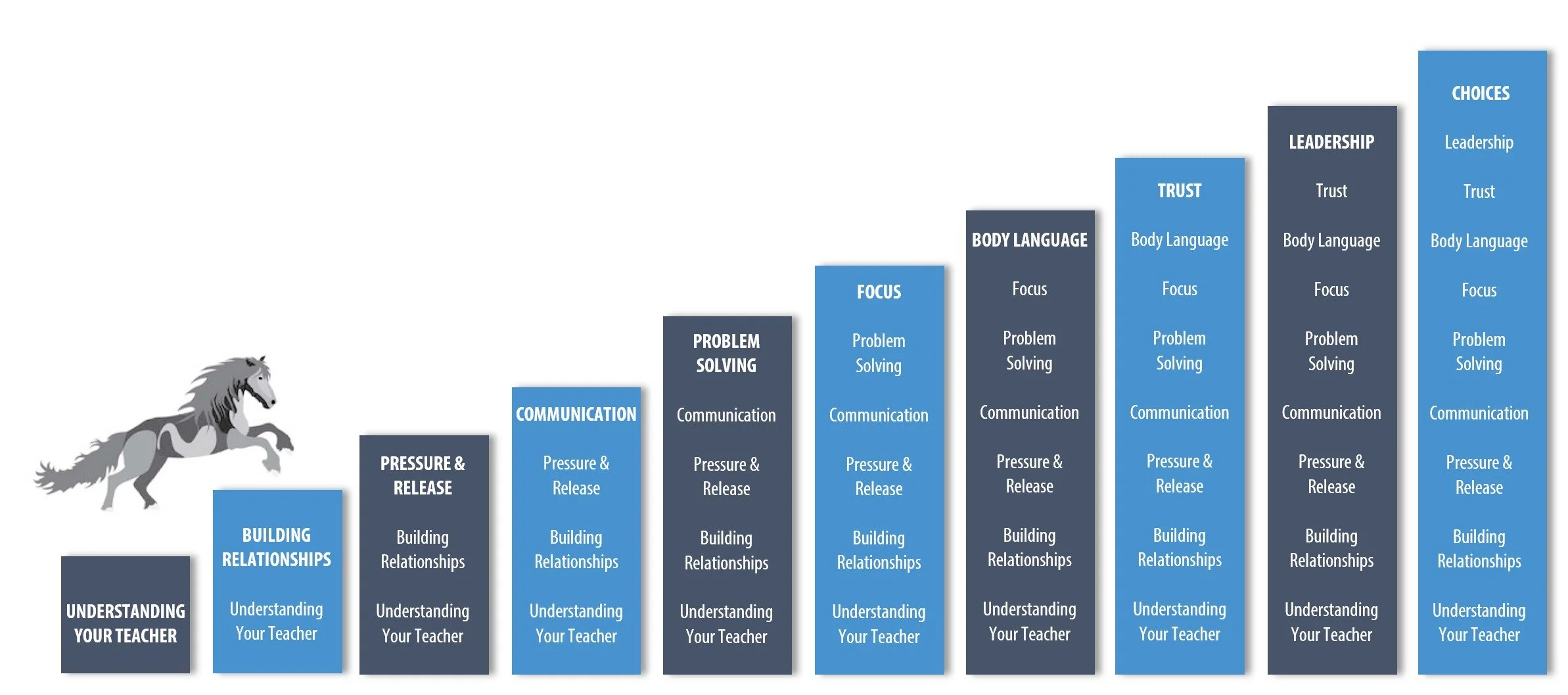Youth Leadership and Empowerment through horses
A 10-week series of non-mounted exercises with horses that uplifts the spirit and connects to real-world skills.
Equine Assisted Learning empowers youth to make honest non-verbal connections with the most amazing teacher, the horse. Working in small groups, these specifically designed horse related experiences connect deeply to youth, developing leadership skills, communication skills, life skills, and resiliency.
Isn’t it time to recognize the True Seven Wonders Of The World?
No horse experience necessary
Available for schools and youth groups
Experiential learning that makes a difference!
School Program
A wide spectrum program to develop and enhance leadership and life skills for youth. By activating the physical, emotional, social, and spiritual aspects of each person, the curriculum generates a powerful learning experience that is designed to inspire self-awareness and be paralleled to the outside world.
Benefits proven by Research.
The Experiential Learning Cycle.
Youth Wellbeing From Equine Assisted Learning.
Each program includes a maximum of twelve participants and includes a certificate of completion.
No Experience Necessary
Participants work with their horses & teams through a series of non-mounted exercises. There is no riding, and or prior horse experience necessary.
We start from the beginning. Participants work with their horse from the ground and connect in new ways, as they engage together in a course of obstacles towards a specific goal.
COVID-19 Policy
Held in a 40,000 s.f. wide-open indoor space with no closed-in areas, this facility is ideal for air dispersion. Three individuals per horse with lots of open space. All employees are double vaccinated and all participants complete a daily health assessment at entry.
Sanitizer dispensers are installed at key points throughout the facility.
Program details
Each weekly session is approximately 75 minutes. The learning objective for the week is clearly defined in a group meeting called a “briefing”. This is followed by the hands-on experiential learning exercises with everyone and the horses in the arena. Each session is concluded with a thought provoking group “de-briefing”, where the experiences in the arena are discussed and explored within the context of the learning objective, and paralleled to everyday life.
Understanding your teacher.
The horse is the teacher! As the introduction to Equine Assisted Learning and the program, participants receive a full orientation of the process and why we work with horses. Ground rules for the arena are outlined as well as general safety protocols.
Participants will learn how to understand the many ways that their teachers “talk” which is essential for the rest of the program!
Building relationships.
In this session, participants learn about herd behaviour and the similarities to human behaviour. Participants learn safety in regard to horsemanship and the importance of building a strong relationship and developing trust. Going through a variety of obstacles, the participants learn about leading and stopping their horse. Participants also learn how to groom and interact with their horse, while continuing to build relationships with their teammates.
Pressure & release.
In this session, participants learn more about handling their horse and how to use “pressure and release” to move their horse. With a light touch, participants will learn to gain the cooperation of these large and powerful animals.
In addition to advancing their horse skills during this session, participants will continue to build upon their relationships with their horses and teammates.
Communication.
Participants are divided into teams and challenged to work through a variety of obstacles. In order to find success, the participants need to communicate effectively, discuss different options, and work together.
The goal is to have teams think about what they need to do, as a unit, in order to complete each challenge. This helps participants focus on the objective and encourages teamwork and communication.
Problem solving.
What is common sense and how can we use it to solve problems? The exercises are designed to promote group decision-making based on common sense in order to be successful and safe with their horses. This encourages teams to discuss their options and formulate a plan.
Focus.
Participants are divided into teams and asked to work through a course simulating road hazards found in every day life where they will be challenged to follow the rules of the road.
Their horses become their vehicles, where they will have to navigate through roadway obstacles as a team.
Many Canadian organizations have embraced Equine Assisted Learning, using the BuildingBlock curriculum, as part of their investment in team building, leadership training, and wellness.

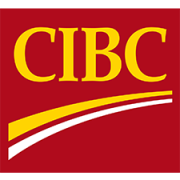


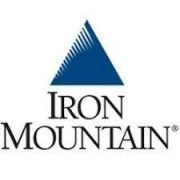
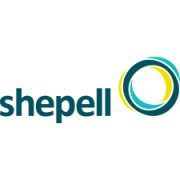




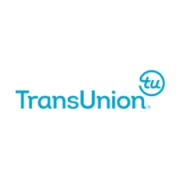

Hosted at one of Metro Vancouver’s premiere equestrian facilities
Richmond, British Columbia




